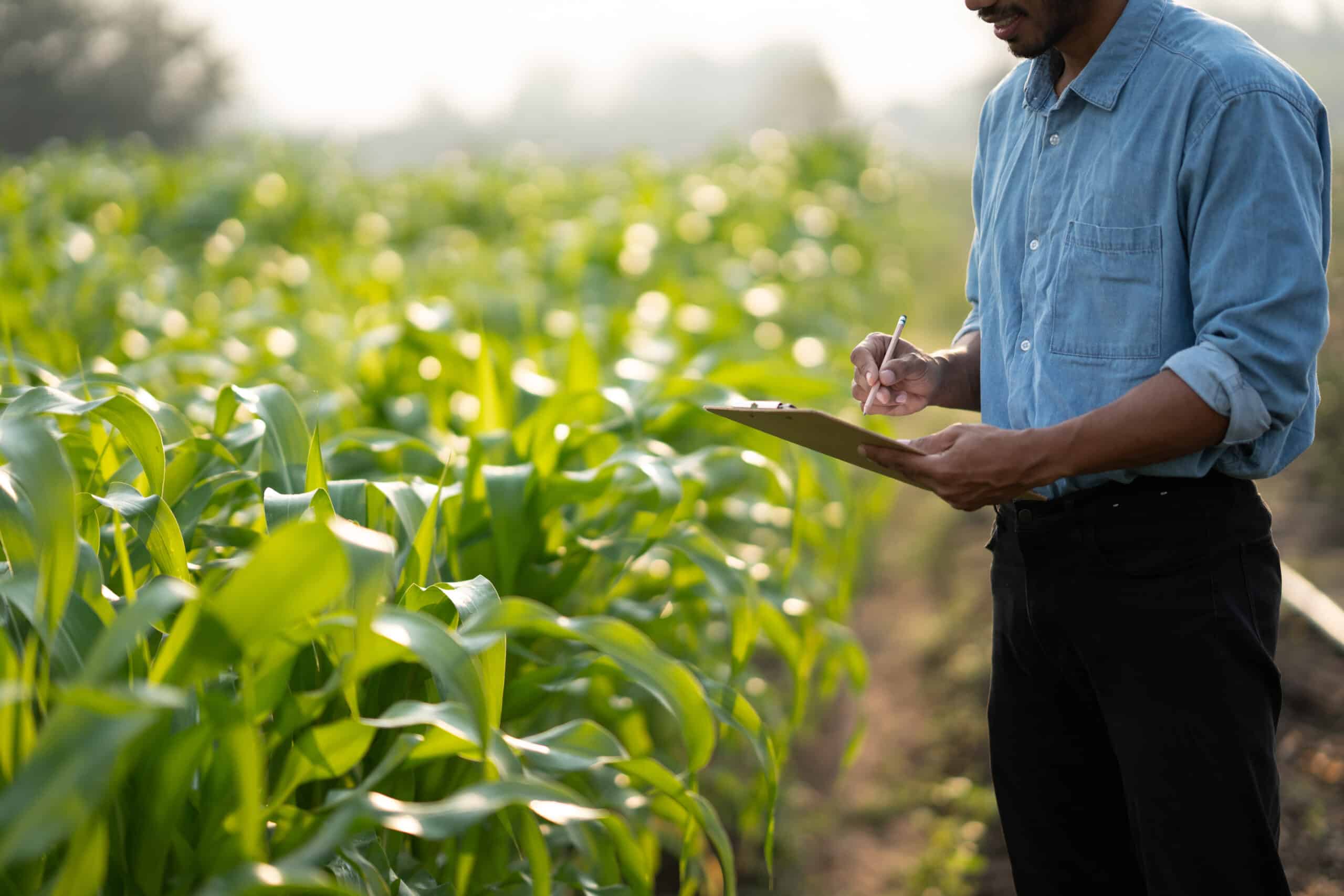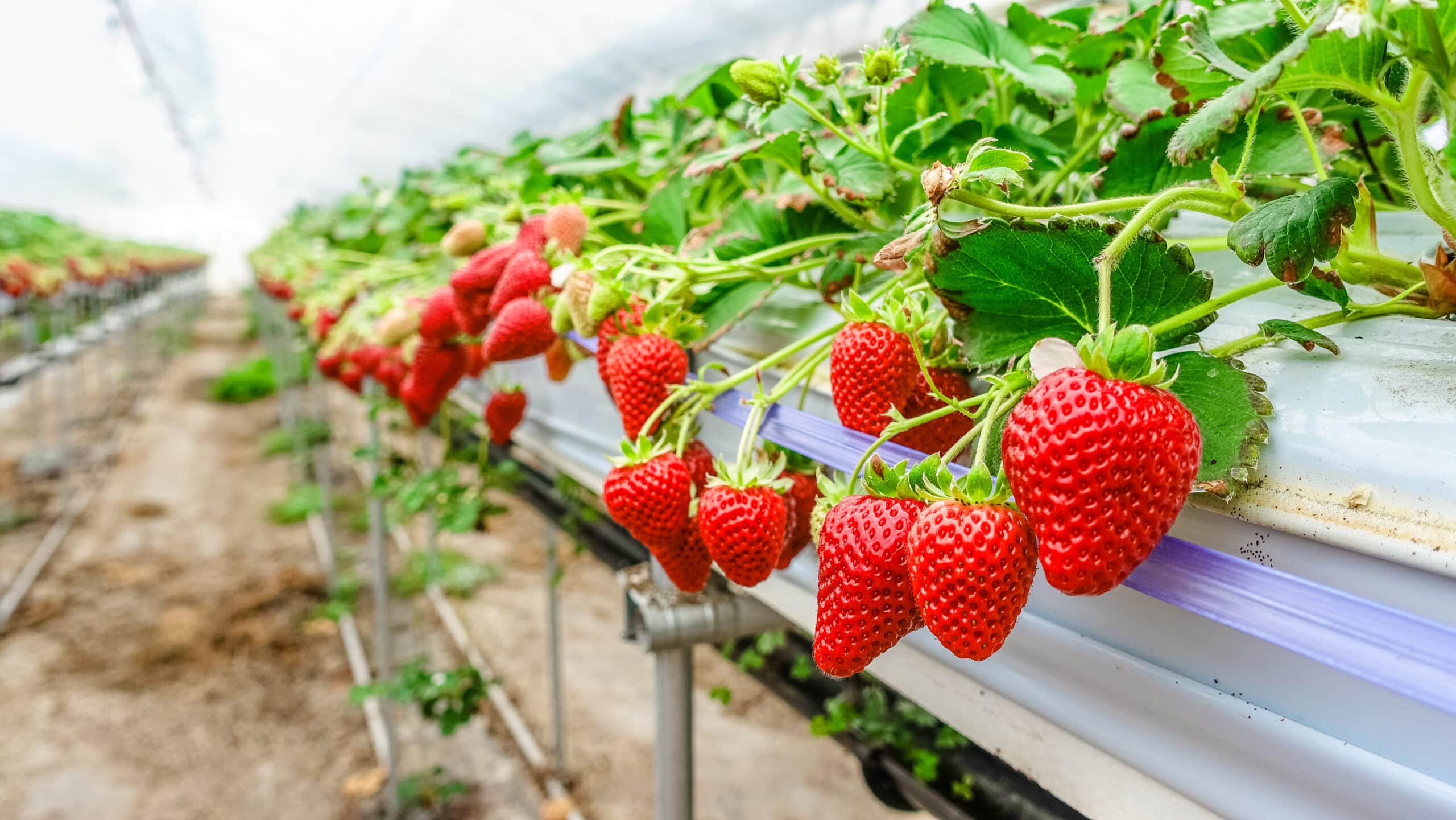The climate change story so dominates the modern conversation that there is a tendency among many in mainstream society towards indifference. For those involved in the food and agriculture sectors worldwide however, complacency is not an option. The threat of climate change to crops, economies and human health carries an alarming urgency.
Since the Industrial Revolution commenced the concentration of CO2 has increased by 40 percent globally and this rise in temperature’s most striking impact is evident in the relationship between crops and the diseases that affect them. Fungal crop diseases have been increasing in severity and scale since the mid-20th century and now pose a serious threat to global food security and ecosystem health. Agrifood stakeholders are acutely aware of this, and the importance of policy in tackling the problem.
The link between sustainability and environmental, social, and corporate governance, and climate change may look no more than a platitude for some, but for those in the front line, policies such as those around ESG are profoundly important.
Pest management practices need an upgrade
To summarise, climate change is having more of an impact on what is called the “disease triangle” for plants. Disease relies on the pathogen, host plant and wider environmental factors and only develops where all three are conducive at the same time and in the same place. At the present moment, pest management such as host-plant resistance, biopesticides, natural enemies, and synthetic chemicals are less effective as a result of drastic changes in pest behaviour patterns, brought about by climate change. Already 40 percent of food crops are lost to plant pests and diseases each year according to the Food and Agriculture Organisation.
To add to the complexity of impact, high concentrations of CO2 usually stimulate plant growth and enhance the level of carbohydrates in the plant, but all these come at a cost as the plant produces fewer vitamins, proteins and minerals.
A notable example is the case of the banana. While global warming has increased banana yields in the past few decades, they are now more prone to disease, as the conditions are persistently favouring pests. The problem has already seen severe crop failure in Colombia in 2019.
The climate change problem is not confined to tropical or subtropical regions as insect pests will move to temperate regions with a shift in the areas of production of their host plants. The ranges and distribution of weeds and pests are also likely to increase with climate change. This could cause new problems for farmers’ crops previously unexposed to these species.
Food security fallout
The bottom line may be the survival of humanity itself. Global population has increased, with growing demands on the planet for land, food and water. Agricultural practice has intensified, but, despite this, two billion of the eight billion people on Earth still experienced food insecurity in 2019.
A massive area of concern is that humanity has a huge reliance on just six staple crops, three of which are threatened by emerging fungal pathogens. These staple calorie crops are rice, followed by wheat, sugarcane, maize, soybean and potatoes in that order, wheat, soybean and potatoes the crops facing that pest threat.
A previous pathogenic contamination of the potato had huge implications for Ireland in the 19th century and in the modern era soybean, vital for food and livestock feed, is susceptible to the rust fungus, which travels on global air currents. Soybean, an important calorie crop both for food and livestock feed, is threatened by a rust fungus which can travel globally on air currents. On arrival where conditions are suitable, soybean rust may cause 80% yield losses.
Threats to commodity crops
It is also important to bear in mind that food security is not simply about staple crops. Exported commodity crops are the bedrock of many economies.
The impact of increasing CO2 can mean growers are forced to switch to different cultivars, which is highly expensive and could drive many out of business.
FAO statistics show that cassava is the top commodity crop in Africa; coffee and bananas in Central and South America; tomatoes in Asia; grapes in Europe; barley in Oceania; and tomatoes and almonds in North America. Many of these crops are under threat from emerging crop pathogens and may be susceptible to others as the climate warms.
Covid and the potential for positive response
The progress of technology and human innovation provides respite from this relentlessly bad news.
High resolution climate reanalysis technology, for example, can play a part in generating the data needed to monitor conditions and take action. In addition, to control the aggressive pests and diseases that have emerged in the wake of climate change and global warming, there is a need to relook at the current pest and management strategies and provide innovators with missions to overcome newly evolved threats to human food priorities.
The successful and rapid response to Covid-19 also provides evidence that we have what it takes to effectively manage climate change.
As economist Tim Harford recently wrote in the Financial Times: “Covid-19 should also teach us that resolving a problem with technology may be easier than resolving it with dogged behaviour change. It is instructive to witness how painless and cheap the vaccines have been compared with endless lockdowns — or mass death. Of course, there is no vaccine against climate change, but there has been astonishingly rapid progress towards cheap, clean energy sources such as wind and solar, and the low-cost batteries that will make them practical.”
Food and agriculture stakeholders know there is no hiding from the effects of climate change and it is this urgent application of technology that serves as the best hope of averting a darker scenario.
Agrifood sector specialists
Climate change poses an urgent threat to global food security, affecting crop and ecosystem health. To address this growing concern, it is imperative that food and agribusinesses around the world pivot toward more sustainable practices that put environmental stewardship first and reduce the negative impacts of agricultural intensification.
At Farrelly Mitchell, our sustainability specialists are committed to the preservation of the natural world for the betterment of the entire agricultural industry. We believe that sustainable and regenerative farming practices can have a positive influence on productivity, and overall commercial viability. We advise clients on key topics in this area, including circular economy, regenerative agriculture, biodiversity, agroforestry, and much more. Furthermore, we can assess the viability of implementing these practices into your business model, and provide support from strategy to execution.














